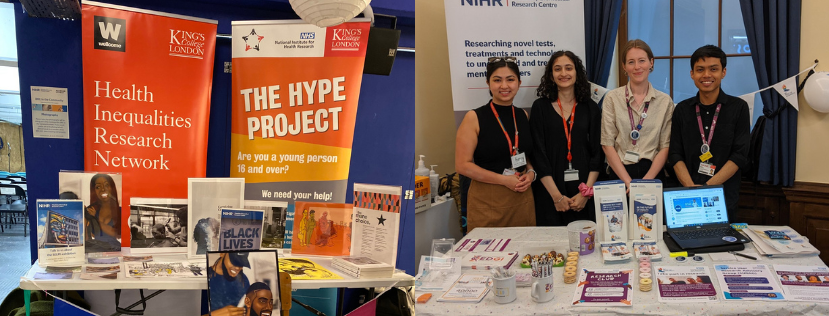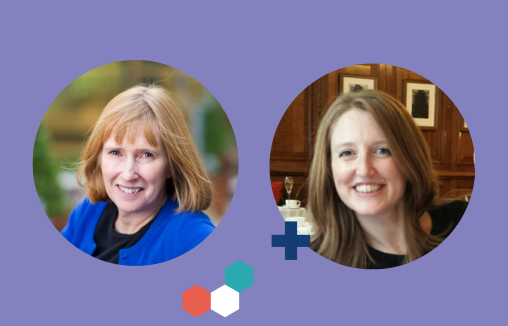Media and engagement activity
We contribute to public engagement within the BRC, as do all the themes. We have conducted activities to engage national and local publics with our research and with mental health and illness more broadly.
Nationally we have presented BRC work through several BBC broadcast documentaries such as BBC Radio 4’s Rethinking Anorexia Nervosa , and also contributed to the wider raising of awareness of mental ill health for example BBC Radio 3’s Scoring Mental Health which was co-produced with service users. These documentaries are often picked up as learning aides for professionals across disciplines, for example social workers, lawyers, health care professionals.
Our research also regularly reaches the public via print, radio and TV media such as our research on Misophonia reported in The Times, Daily Mail, Independent, The Guardian, Telegraph, BBC Radio 4: The World Tonight.
In 2017 Professor Dame Til Wykes co-designed and co-delivered the world’s largest mental health lesson which reached 400 13–18-year-olds, and was widely covered by the UK press. This was followed by successful youth engagement events (Million Minds) in Scotland, London, Manchester and Birmingham. We also have a strategy of actively collaborating to produce content for online platforms, such as this story (one of many) on air pollution.
The Conversation has published a number of articles on our research, for instance on psychedlic drug research and the factors that predict the risk of self harm in children and for Mental Elf we provide blogs, e.g. exploring the challenges of sharing mental health data, as well as our research receiving blogs.
Locally we have a call for our researchers to apply for funding to increase the reach of their work into local communities, to improve engagement with and participation in research.
Some of these projects were showcased at a BRC in the Community event held at Peckham Levels in November 2022. Building on the success of these initiatives we will again run a funding call and will hold further large public facing events to engage our local community with our research. These will be co-designed with service users and members of the public, to ensure we reach the maximum possible audiences.
We will also be looking to engage internationally, building on our existing relationships with the BBC to pitch, develop and present documentaries featuring our research for the BBC World Service, as well as the national stations and channels. This is supported by Professor Sally Marlow and our communications team who have a lot of experience in this arena.
Programme of Activities and Research











